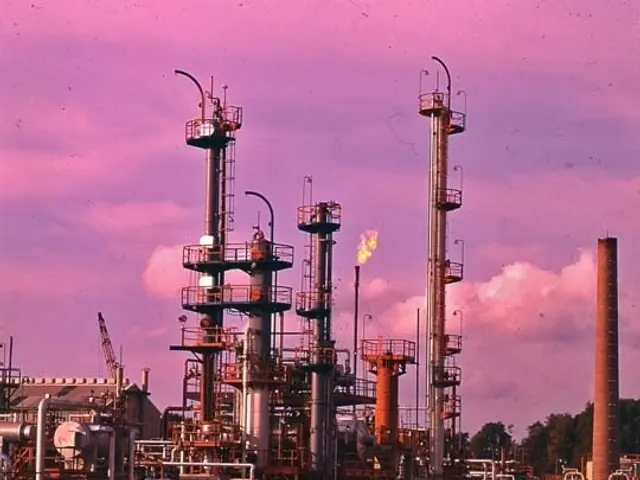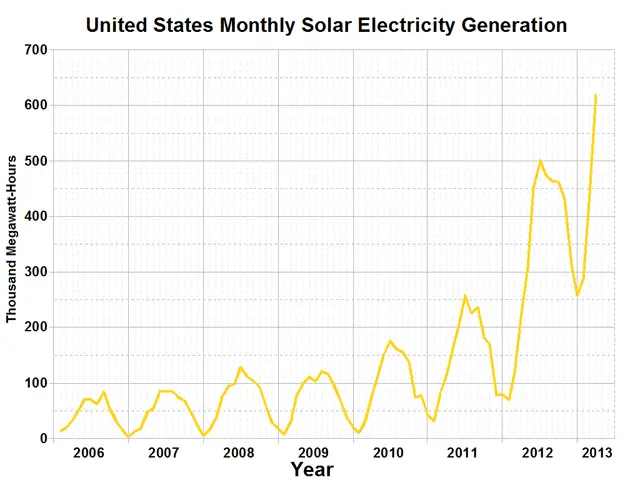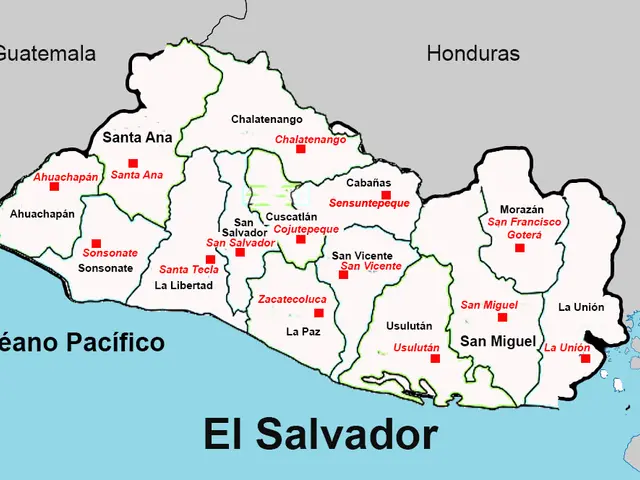Industry Energy Consumption in Hesse Drops by 5.3% in 2022
Last year, energy consumption within Hessian industry took a significant hit, dropping by 5.3% compared to 2021. The State Statistical Office in Wiesbaden made this revelation on Monday, reporting that the manufacturing sector required around 119 petajoules of energy in total. Despite this decline, the savings rate fell below the national average of -9.1%.
The decrease in energy consumption can be attributed to high energy prices. Following Russia's attack on Ukraine, the prices surged sharply, forcing energy-intensive industries to cut back on their production in 2022.
Further Reading:
The trend towards reduced energy consumption isn't exclusive to Hesse. Nationwide, the Federal Statistical Office reports a 9.1% decrease in energy usage across various industries. However, the figures from Wiesbaden suggest a lower energy savings rate than the national average.
This disparity might indicate unique challenges or strategies within the Hessian industry regarding energy efficiency. Understanding the trend in energy consumption within the industry sector could offer valuable insights for policymakers aiming to support a sustainable and efficient energy transition in Hesse. This is particularly relevant given global efforts to reduce greenhouse gas emissions from energy-intensive industries.
Additional Insights:
- Energy Policy and Renewable Energy: Germany's commitment to renewable energy sources, such as wind and solar power, has driven a decrease in overall energy consumption and improved energy efficiency across the country.
- Industrial Regions and Climate Change: Traditional industrial regions in Germany, including Hesse, have become vulnerable to climate change impacts like extreme weather events, water loss, and groundwater level fluctuations. These factors could potentially impact industrial energy efficiency and savings.
- Regional Variations in Industrialization: While Hesse is an industrial region, the specific challenges and policies affecting it might differ from other industrial areas, potentially impacting its energy savings rate.
- Economic Factors: Economic downturns and mild weather conditions can also impact energy consumption patterns. A 2024 report indicates that producer prices in Germany declined, which could affect industries' energy consumption and savings rates.
Determining the exact factors contributing to the lower energy savings rate in Hesse would require detailed regional data and analysis, which isn't available in the given sources.








